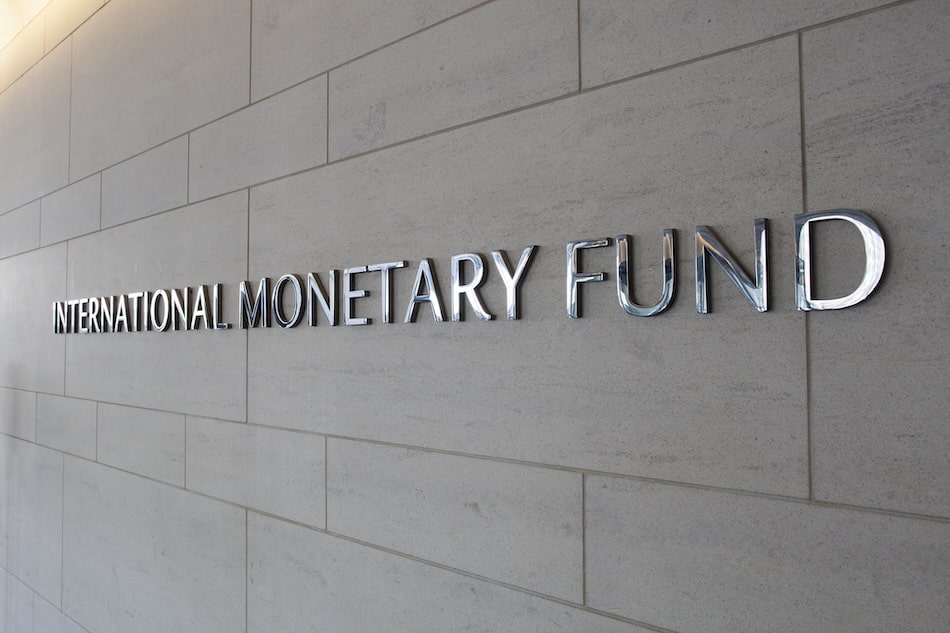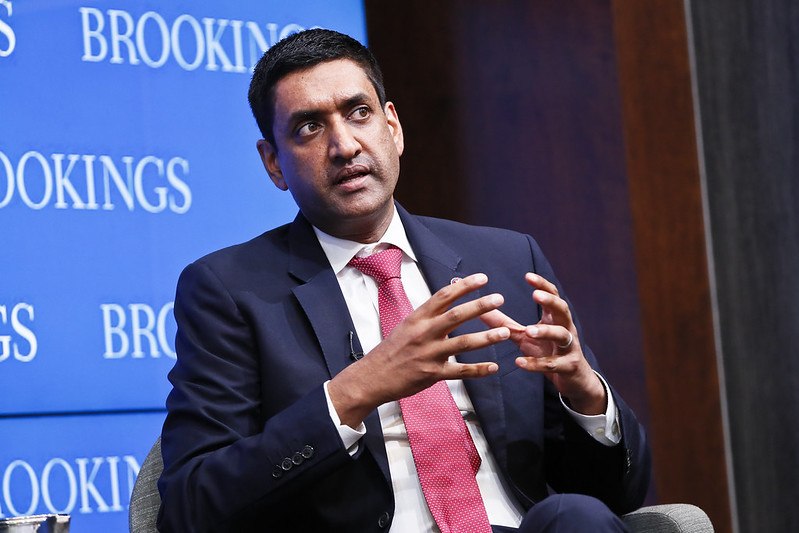
Key Takeaways
- IMF urges El Salvador to limit public sector exposure to Bitcoin.
- The IMF and El Salvador are negotiating policies to stabilize the economy.
- Bitcoin was adopted as legal tender in El Salvador in September 2021.
The International Monetary Fund (IMF) has advised El Salvador to narrow the scope of its Bitcoin law and reduce public sector exposure to Bitcoin.
These recommendations were reiterated during a press briefing on Thursday, where IMF spokesperson Julie Kozack emphasized the need to address risks associated with Bitcoin.
Growth reforms
Kozack explained that the IMF aims to reach an agreement with El Salvador on a program to support macroeconomic stabilization and growth reforms.
The IMF has been in talks with the Salvadoran authorities to strengthen the country’s public finances, enhance transparency, and mitigate risks from the Bitcoin project.
IMF concerns
The IMF’s concern follows an August statement that highlighted El Salvador’s fiscal challenges and emphasized Bitcoin’s role in ongoing negotiations.
Although the risks from Bitcoin have not fully materialized, both parties recognize the need for more efforts to manage potential fiscal and financial risks.
Bitcoin history
El Salvador, led by President Nayib Bukele, became the first country to adopt Bitcoin as legal tender in September 2021.
While the experiment has had mixed results, Bukele described Bitcoin as a “net positive” for the country.




